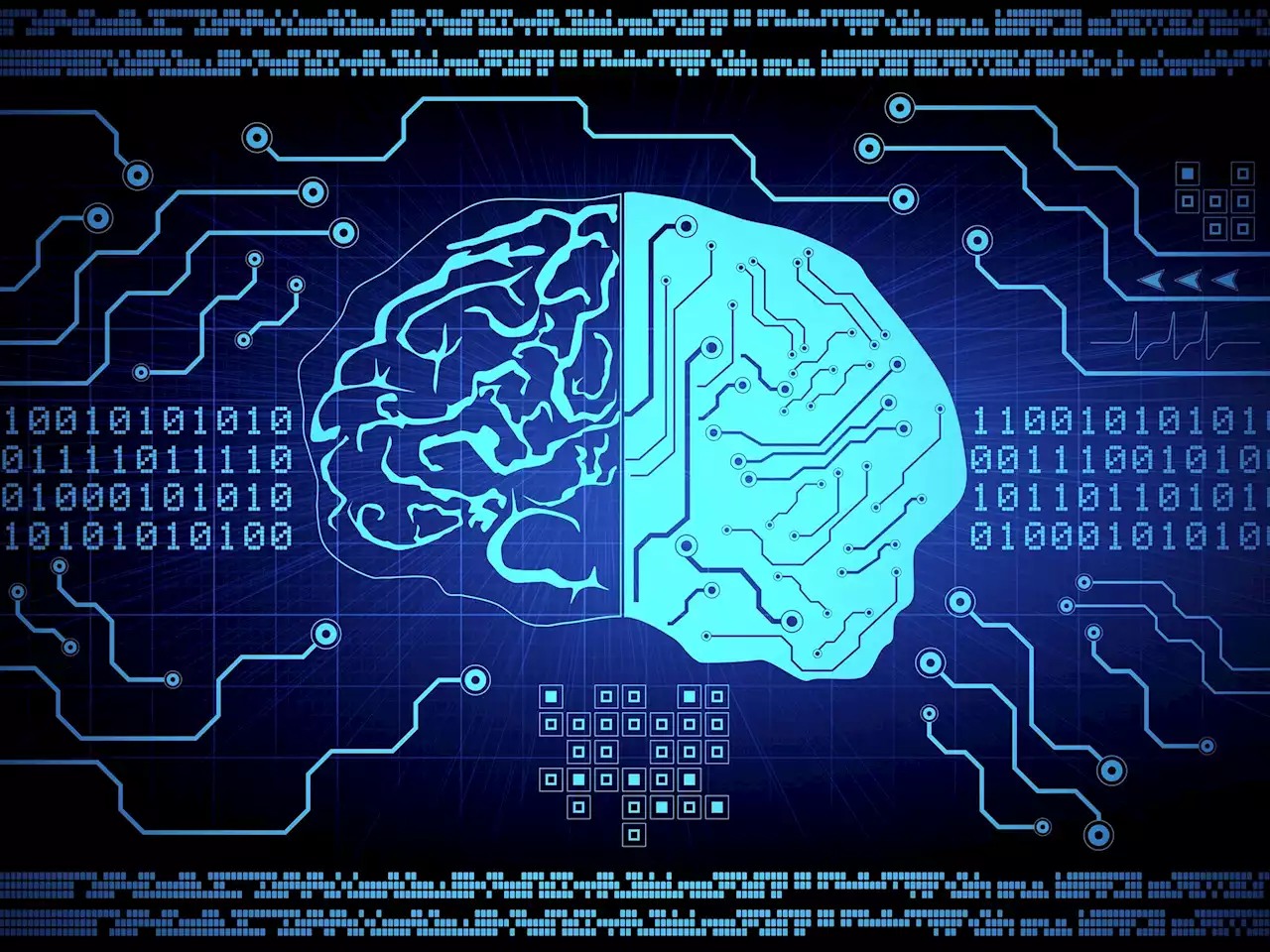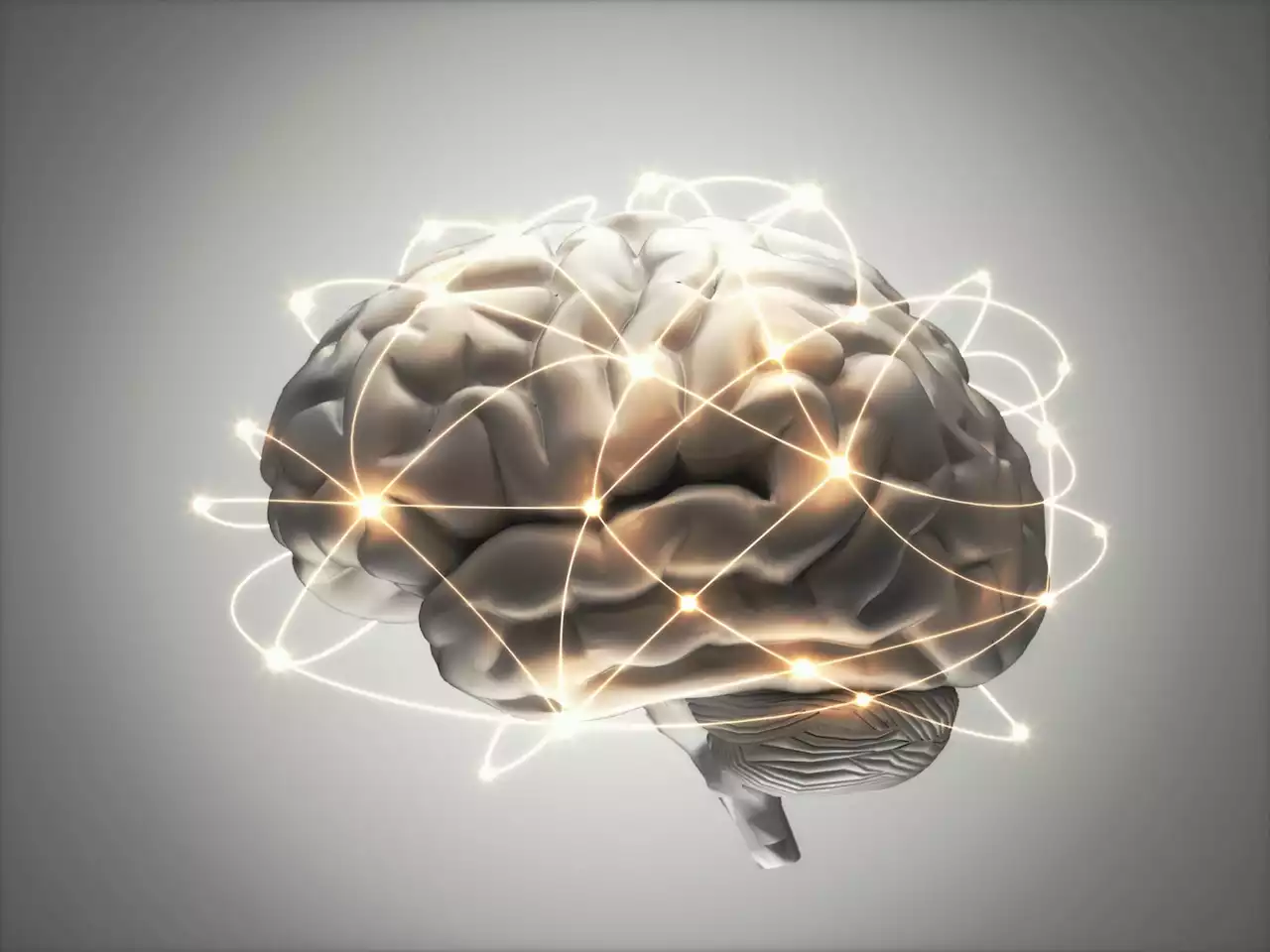The discovery could pave the way for treating substance use disorders. In a rat model of impulsive behavior, researchers discovered that inhibiting certain acetylcholine receptors in the lateral habenula (LHb), a region of the brain responsible for balancing reward and aversion, made it more diffic
New brain mechanisms linked to rats’ impulsive cocaine craving have been discovered by National Institutes of Health researchers.In a rat model of impulsive behavior, researchers discovered that inhibiting certain acetylcholine receptors in the lateral habenula , a region of the brain responsible for balancing reward and aversion, made it more difficult to resist the urge to seek cocaine.
Because the LHb serves as an interface between brain areas mediating emotion and reward and those involved with reasoning and other higher-order thought processes, factors known to be associated with substance use disorders and major depressive disorders, addiction science researchers are particularly interested in the LHb as a target for the development of future treatments.
In this model, rats were trained to self-administer cocaine, where a lever press led to an injection of the drug. This was followed by specific training in the Go/NoGo task where cocaine was available when the lights were on , but not when the lights were off . Animals quickly learned to stop responding when cocaine was not available.
Thus, when M2Rs were blocked in the LHb the rodents were no longer able to stop responding to cocaine even when it was not available , despite the training. This indicates that increasing LHb M2R function may represent a potential target for treating impulsive drug seeking and substance use disorders.
Österreich Neuesten Nachrichten, Österreich Schlagzeilen
Similar News:Sie können auch ähnliche Nachrichten wie diese lesen, die wir aus anderen Nachrichtenquellen gesammelt haben.
 Scientists Discover Biological Differences Between Liberals and ConservativesResearch reveals that partisan views have biological roots. According to the largest study of its type, brain scans of individuals obtained as they engaged in different activities or even did nothing accurately indicated whether they were politically conservative or liberal. Researchers discover
Scientists Discover Biological Differences Between Liberals and ConservativesResearch reveals that partisan views have biological roots. According to the largest study of its type, brain scans of individuals obtained as they engaged in different activities or even did nothing accurately indicated whether they were politically conservative or liberal. Researchers discover
Weiterlesen »
 Harvard Scientists Discover That Cold Temperatures Could Help You Lose WeightBrown adipose tissue is activated by the cold to release anti-inflammatory compounds. Over 40% of adult Americans are obese, a complicated condition that raises the risk of diabetes, heart disease, and several types of cancer. By creating low-grade chronic inflammation and the buildup of immune cel
Harvard Scientists Discover That Cold Temperatures Could Help You Lose WeightBrown adipose tissue is activated by the cold to release anti-inflammatory compounds. Over 40% of adult Americans are obese, a complicated condition that raises the risk of diabetes, heart disease, and several types of cancer. By creating low-grade chronic inflammation and the buildup of immune cel
Weiterlesen »
 Ultra-processed foods linked to cognitive mental decline, new study findsScientists say that many foods we eat for pleasure contain such high amounts of potentially harmful substances that they damage critical brain functions.
Ultra-processed foods linked to cognitive mental decline, new study findsScientists say that many foods we eat for pleasure contain such high amounts of potentially harmful substances that they damage critical brain functions.
Weiterlesen »
 MIT’s New Analog Synapse Is 1 Million Times Faster Than the Synapses in the Human BrainNew Hardware Delivers Faster Computation for Artificial Intelligence, With Much Less Energy MIT engineers working on “analog deep learning” have found a way to propel protons through solids at unprecedented speeds. The amount of time, effort, and money needed to train ever-more-complex neural ne
MIT’s New Analog Synapse Is 1 Million Times Faster Than the Synapses in the Human BrainNew Hardware Delivers Faster Computation for Artificial Intelligence, With Much Less Energy MIT engineers working on “analog deep learning” have found a way to propel protons through solids at unprecedented speeds. The amount of time, effort, and money needed to train ever-more-complex neural ne
Weiterlesen »
 Rare, Deadly Bacterial Illness Melioidosis Now in US, CDC Warns - MedicineNet Health NewsA bacteria that causes a rare but serious disease has been discovered in soil and water samples in the Gulf Coast region of Mississippi after two people who live near each other fell ill.
Rare, Deadly Bacterial Illness Melioidosis Now in US, CDC Warns - MedicineNet Health NewsA bacteria that causes a rare but serious disease has been discovered in soil and water samples in the Gulf Coast region of Mississippi after two people who live near each other fell ill.
Weiterlesen »
 Scientists Discover Unique Triple Star SystemInternational scientists disocvered a tertiary, or triple, star system with a third star orbiting a binary of two stars. The stars are massive in size.
Scientists Discover Unique Triple Star SystemInternational scientists disocvered a tertiary, or triple, star system with a third star orbiting a binary of two stars. The stars are massive in size.
Weiterlesen »
